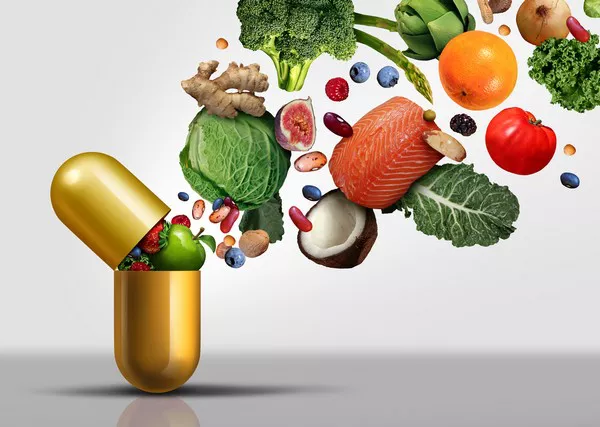Testosterone, often referred to as the “male hormone,” plays a crucial role in various aspects of men’s health, including muscle mass, bone density, mood, and overall vitality. While testosterone levels naturally decline with age, several factors, including diet and lifestyle, can influence these hormone levels. In this article, we will explore the role of vitamins in naturally boosting testosterone production. We’ll discuss the key vitamins that are known to play a part in optimizing testosterone levels and how to incorporate them into your daily routine for better health.
1. The Importance of Testosterone
Hormone Balance
Testosterone is a hormone produced in the testes (and in smaller amounts in women’s ovaries) and is vital for maintaining overall health. It plays a crucial role in regulating mood, energy levels, sexual function, and muscle mass. Maintaining an optimal balance of testosterone is essential for well-being.
Age-Related Decline
As men age, testosterone levels tend to decline naturally. This decline, known as andropause, can lead to a range of symptoms, including reduced energy, loss of muscle mass, increased body fat, and changes in mood. Therefore, finding ways to support healthy testosterone levels becomes increasingly important with age.
2. Vitamins that Boost Testosterone
Vitamin D is often referred to as the “sunshine vitamin” because our bodies can produce it when exposed to sunlight. Research suggests that vitamin D may play a role in regulating testosterone levels. To ensure you’re getting enough, consider:
- Spending time outdoors in the sun.
- Consuming vitamin D-rich foods like fatty fish (salmon, mackerel), fortified dairy products, and egg yolks.
- Taking vitamin D supplements, especially during the winter months when sun exposure is limited.
Vitamin A is essential for various bodily functions, including maintaining healthy skin, vision, and immune system support. Some studies suggest that it may also contribute to testosterone production. Foods rich in vitamin A include carrots, sweet potatoes, spinach, and liver.
Vitamin C is well-known for its immune-boosting properties, but it may also play a role in supporting testosterone levels. Incorporate vitamin C-rich foods like citrus fruits, strawberries, and bell peppers into your diet for overall health benefits.
Vitamin B Complex
The B vitamins, including B6, B9 (folate), and B12, are essential for various metabolic processes, and they may have a positive impact on testosterone levels. Foods such as leafy greens, legumes, poultry, and fortified cereals are good sources of these vitamins.
Zinc
While not a vitamin, zinc is a crucial mineral that influences testosterone production. Zinc deficiency can lead to lower testosterone levels, so including zinc-rich foods like oysters, lean meats, and nuts in your diet is important.
3. Lifestyle Factors
Diet and Nutrition
In addition to vitamins, a balanced and nutritious diet plays a vital role in maintaining healthy testosterone levels. Focus on whole foods, including lean proteins, fruits, vegetables, whole grains, and healthy fats. Avoid excessive consumption of processed foods and sugar, as they can negatively impact hormone balance.
Exercise
Regular physical activity, particularly strength training and high-intensity interval training (HIIT), can help increase testosterone levels. These forms of exercise promote muscle growth and fat loss, both of which are associated with healthier testosterone levels.
Sleep and Stress Management
A good night’s sleep and effective stress management are essential for hormone balance. Poor sleep and chronic stress can lead to elevated levels of cortisol, a stress hormone that can suppress testosterone production. Practice relaxation techniques and ensure you get adequate sleep to support hormone health.
Conclusion
In conclusion, maintaining healthy testosterone levels is essential for overall well-being, especially as men age. While vitamins alone cannot completely reverse age-related testosterone decline, they can play a role in supporting hormone balance when combined with a healthy lifestyle. Incorporate vitamin-rich foods into your diet, engage in regular exercise, manage stress, and prioritize quality sleep to promote optimal testosterone levels naturally. Always consult with a healthcare professional before starting any new supplement regimen to ensure it’s appropriate for your individual needs.


